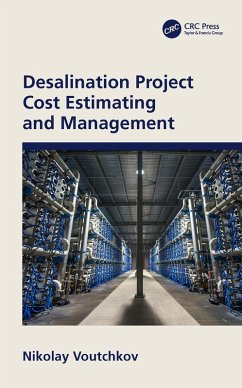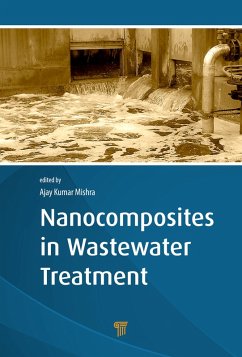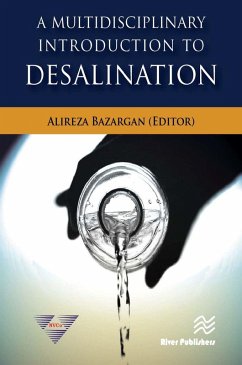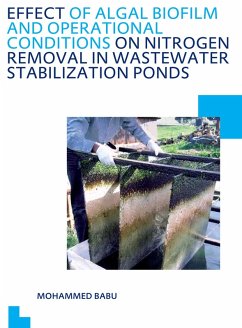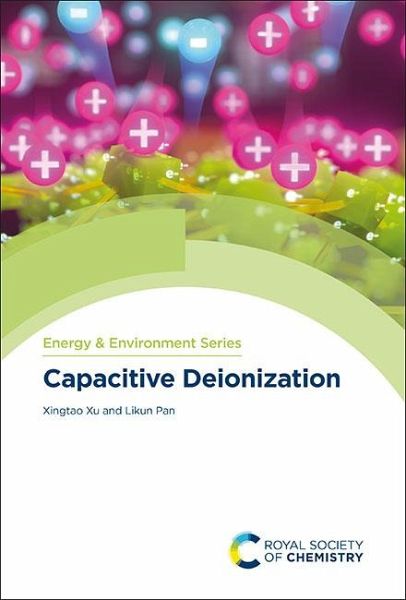
Capacitive Deionization (eBook, PDF)
Versandkostenfrei!
Sofort per Download lieferbar
184,95 €
inkl. MwSt.
Weitere Ausgaben:

PAYBACK Punkte
92 °P sammeln!
The exploration of new-family desalination techniques has become increasingly important in recent decades. Capacitive deionization (CDI) has attracted multidisciplinary interest as a promising alternative to the conventional desalination techniques of reverse osmosis and electro-osmosis, due to several attractive features such as low energy consumption, environmental friendliness, and high water utilization efficiency. CDI desalts saline water through storing ions in electrical double layers of porous carbons or by redox reactions with faradic materials.This is the first book to specialise in ...
The exploration of new-family desalination techniques has become increasingly important in recent decades. Capacitive deionization (CDI) has attracted multidisciplinary interest as a promising alternative to the conventional desalination techniques of reverse osmosis and electro-osmosis, due to several attractive features such as low energy consumption, environmental friendliness, and high water utilization efficiency. CDI desalts saline water through storing ions in electrical double layers of porous carbons or by redox reactions with faradic materials.
This is the first book to specialise in CDI and aims to showcase the fundamentals and progressive achievements of the research. Chapters cover the timeline of CDI technologies, the expansion of new-family electrode materials, exploitation of new-concept CDI devices, and applications of CDI in other new areas. In addition, the book provides new insights into future directions for the development of CDI and other emerging nanotechnologies for addressing the energy-water nexus.
Edited by a founder of the field, the book will be of interest to those researching water desalination and purification across chemistry, materials science and environmental science.
This is the first book to specialise in CDI and aims to showcase the fundamentals and progressive achievements of the research. Chapters cover the timeline of CDI technologies, the expansion of new-family electrode materials, exploitation of new-concept CDI devices, and applications of CDI in other new areas. In addition, the book provides new insights into future directions for the development of CDI and other emerging nanotechnologies for addressing the energy-water nexus.
Edited by a founder of the field, the book will be of interest to those researching water desalination and purification across chemistry, materials science and environmental science.
Dieser Download kann aus rechtlichen Gründen nur mit Rechnungsadresse in A, D ausgeliefert werden.





